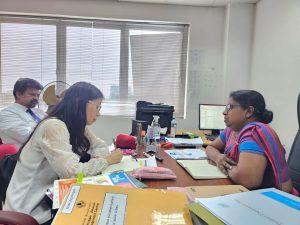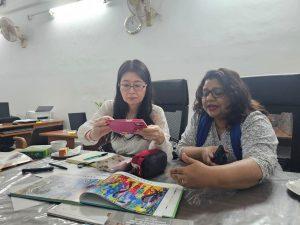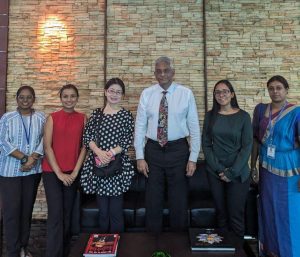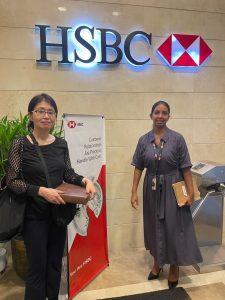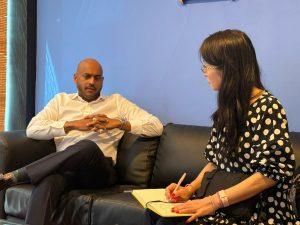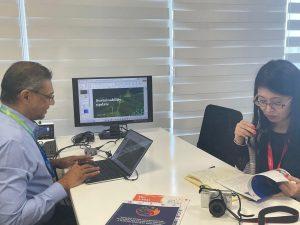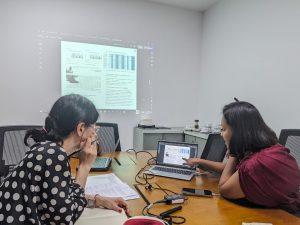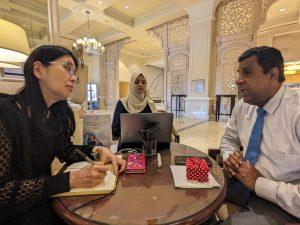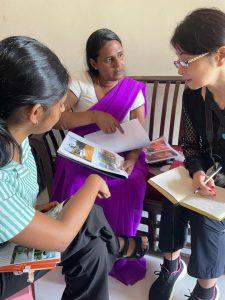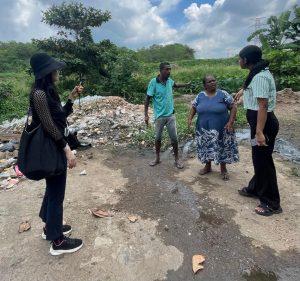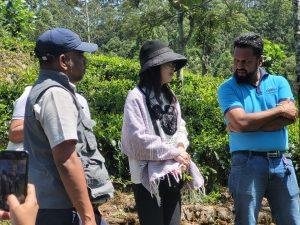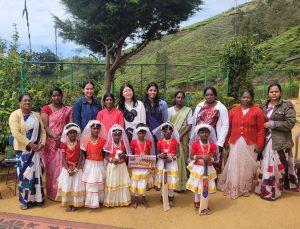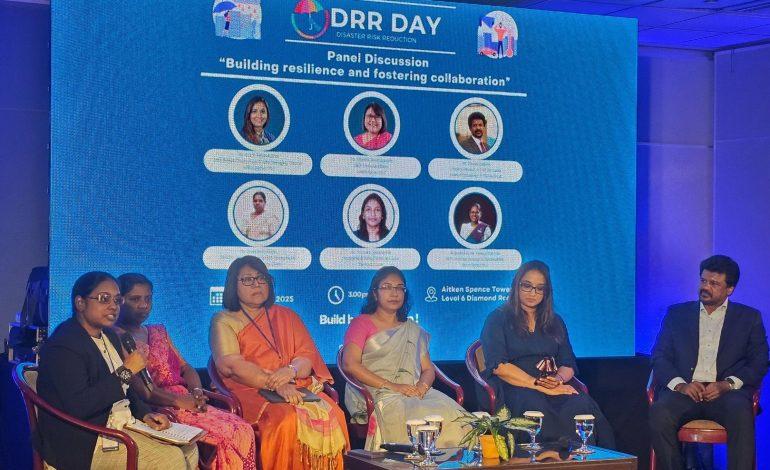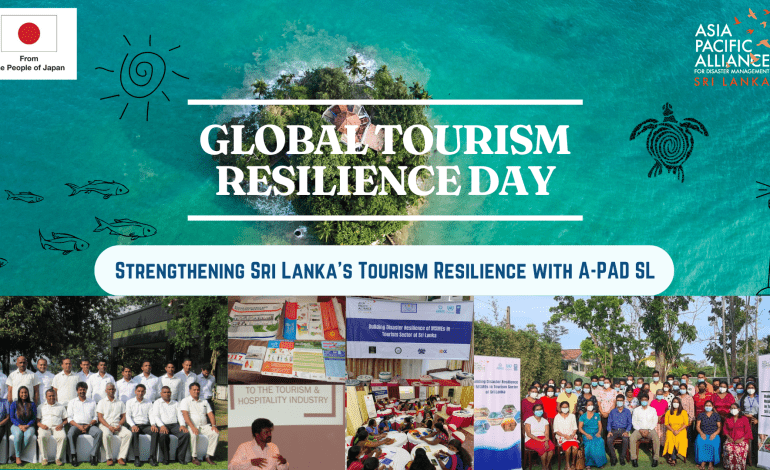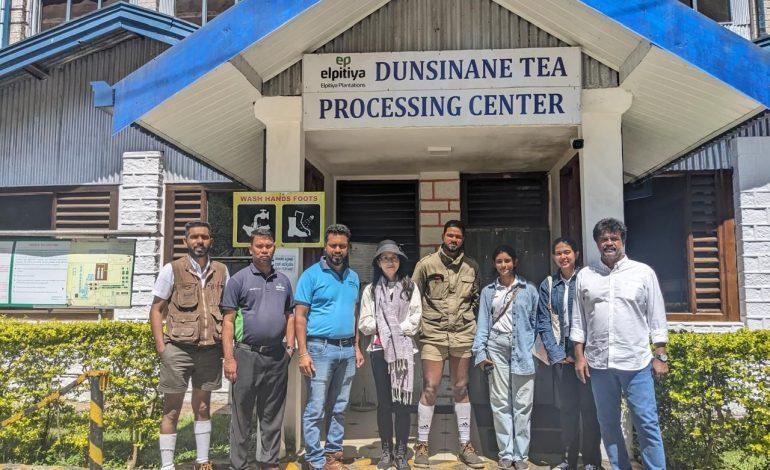
Ms. Noriko Akiyama’s Visit to Sri Lanka: Exploring Disaster Resilience and Multi-Sector Partnerships
A-PAD Sri Lanka had the privilege of hosting Ms. Noriko Akiyama, a renowned journalist from Japan’s Asahi Shimbun. Ms. Akiyama visited Sri Lanka to gain a deeper understanding of the country’s disaster risk landscape, and the pivotal role A-PAD Sri Lanka plays in strengthening resilience and preparedness. Throughout her visit, she engaged with key stakeholders across various sectors, exploring the collaborative efforts that drive effective disaster management and response in the country.
Ms. Akiyama’s engagements began with an informative session at A-PAD Sri Lanka, where she was briefed on the platform’s mission to strengthen disaster resilience through partnerships with the private sector, government, and international organizations. Mr. Firzan Hashim, Country Director of A-PAD SL, shared how A-PAD’s initiatives such as search and rescue training, resource mobilization, and knowledge transfer are making a tangible impact in Sri Lanka.
Engagements with Platform Members
Ms. Akiyama’s visit covered discussions with officials from the Disaster Management Centre (DMC), academia, and key private sector members of the A-PAD platform, including Aitken Spence PLC, Capital Maharaja Group, MAS Intimates, Virtusa, and HSBC Sri Lanka. They provided valuable insights into the efforts being made across sectors in Sri Lanka to enhance disaster resilience. In addition to these engagements, Ms. Akiyama also met with the representatives of Connecting Business Initiative (CBi) to learn more on how A-PAD’s linkages locally and internationally are utilized for knowledge exchange as well as cross-border collaboration during crises.
A-PAD Sri Lanka’s work continues to serve as a model of successful collaboration, leveraging partnerships to strengthen both national and community-level disaster preparedness and response. An aspect highlighted throughout the discussions, especially with private sector representatives, was the importance of a platform such as A-PAD that maintains transparency in all its initiatives while effectively bridging gaps between various stakeholders, including local communities, government agencies, and the private sector.
Stories from the Ground
As part of her visit to Sri Lanka, Ms. Akiyama also interviewed past beneficiaries of A-PAD’s initiatives to better understand the mechanisms of disaster response in Sri Lanka. Her visit to Little Rose Preschool in Wellampitiya and engagements with those affected by floods and the Meethotamulla garbage landslide provided valuable insights into the impact of floods on communities, particularly how such disasters disrupt daily life, damage infrastructure, and strain local resources. Through these interviews, she learned firsthand how A-PAD’s timely interventions helped communities recover. The stories shared highlighted the essential role of A-PAD’s partnerships with local organizations and the private sector in delivering effective and sustainable support during crises.
Additionally, she ventured on a field visit to Nuwara Eliya to gain an understanding of the plantation sector in Sri Lanka, where she gained different perspectives on how the plantation sector has adapted to the changing socio-economic landscape by focusing on mechanization and creating dignified job opportunities, ensuring both the sustainability of the estates and the well-being of its workers.
A-PAD also facilitated visits to Shanthipura Mahavidyalaya and Oliphant Tamil Vidyalaya in Nuwara Eliya. The students extended a heartfelt welcome with flowers, handmade cards, and traditional performances. In response to the schools’ needs, A-PAD donated sports equipment and first aid kits, recognizing the importance of physical well-being and emergency preparedness in these remote communities. The visit also highlighted critical challenges such as undernutrition and limited access to medical facilities, reinforcing the need for continued support. These engagements underscored A-PAD’s commitment to empowering students through education, health, and resilience-building initiatives.

